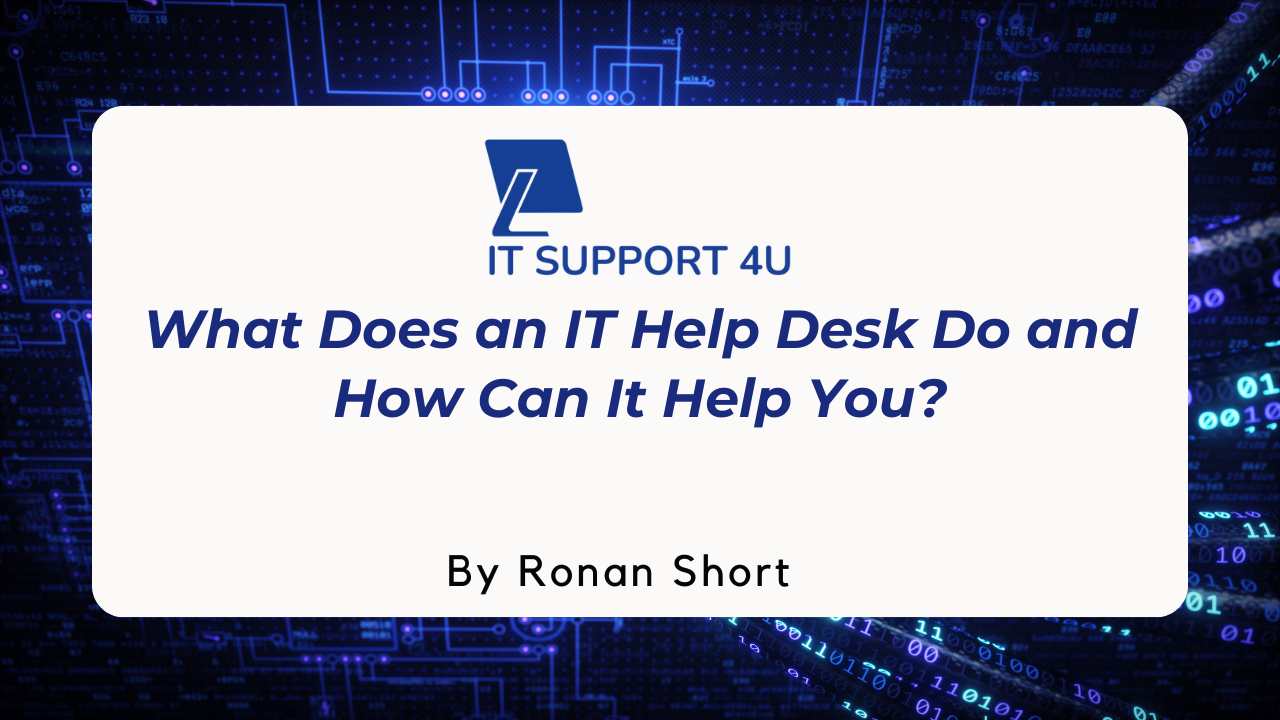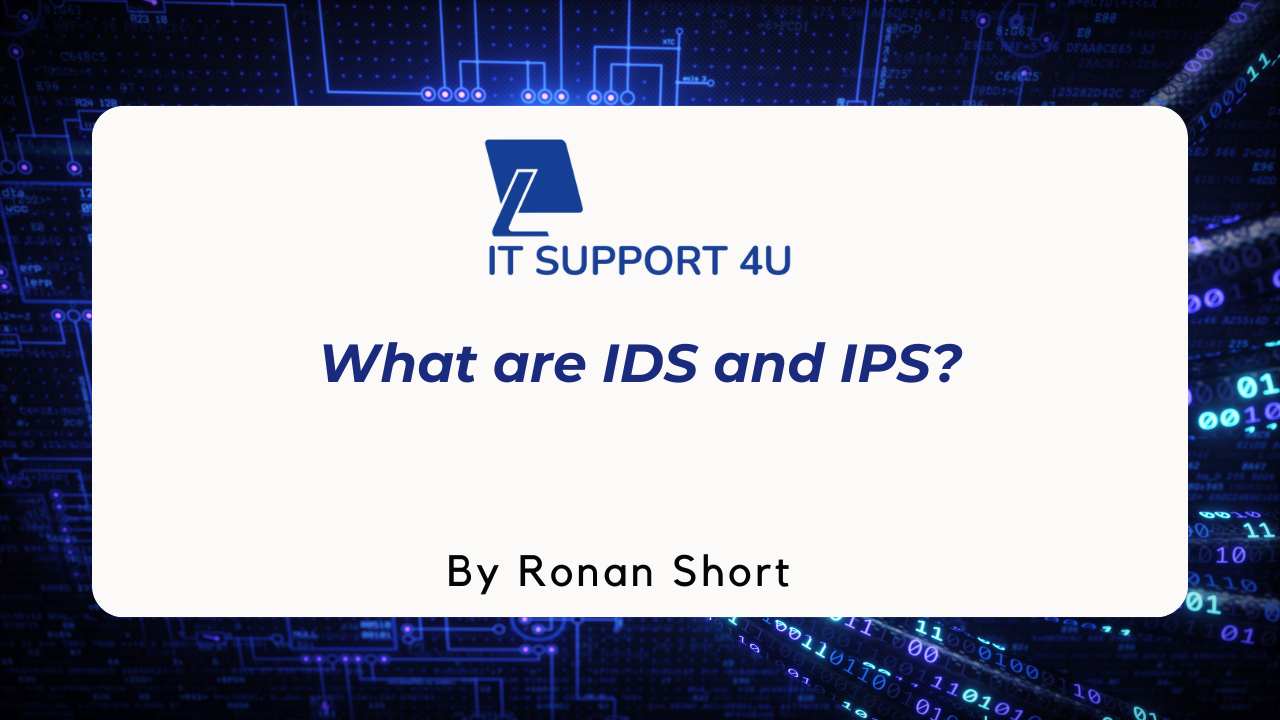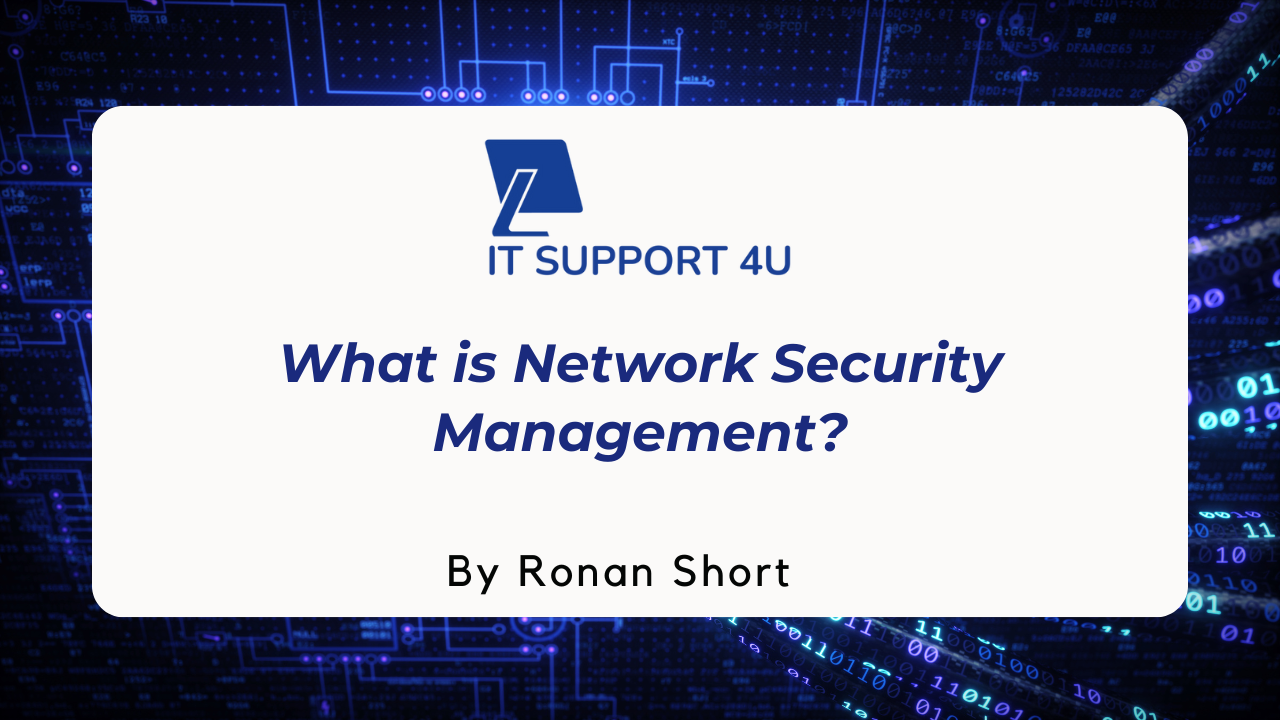In today's digital era, staying technologically updated is important for businesses in Ireland. System upgrades, involving both hardware and software enhancements, are vital for optimising performance, improving efficiency, and ensuring security.
Today, this blog post explores the importance of system upgrades, examining their impact on business operations and the key elements that contribute to their cost.
From understanding why upgrades are necessary to exploring the average costs and budgeting strategies, we provide comprehensive insights into managing system upgrades effectively.
So, let’s explore how system upgrades can be a game-changer for businesses in Ireland.
Understanding the Importance of System Upgrades
Discover how system upgrades are essential for enhancing efficiency and security in the fast-paced digital world.
Enhancing Performance and Efficiency
System upgrades are vital to ensuring that businesses operate at peak efficiency. Upgrading hardware and software can lead to faster processing speeds, reduced downtime, and enhanced overall performance. In an age where time is money, these improvements can translate into significant cost savings and increased productivity. Moreover, with the constant evolution of technology, staying updated is key to maintaining a competitive edge.
Improving Security and Compliance
Another critical aspect of system upgrades is enhanced security. With cyber threats becoming more sophisticated, outdated systems become easy targets for breaches. Regular upgrades include the latest security patches, protecting sensitive data, and ensuring compliance with evolving data protection regulations. Furthermore, this not only safeguards against potential financial losses due to data breaches but also helps maintain customer trust and business reputation.
Key Factors Influencing System Upgrade Costs
Explore the key factors that significantly impact the cost of system upgrades.
Scale and Complexity of the Upgrade
The scope and complexity of the upgrade significantly influence the cost. A simple software update will cost less compared to an entire network infrastructure. So, factors like the number of users, the volume of data, integration with existing systems, and specific industry requirements can add to the complexity and the cost.
Technology Choices and Vendor Selection
The type of technology chosen and the vendor selected also play a crucial role in determining the cost. Opting for cutting-edge solutions or products from leading brands can drive up costs. Similarly, vendor pricing models, support services, and maintenance agreements can vary widely, impacting the overall investment required for the upgrade.
Available Energy Upgrade Grants in Ireland
There are several energy upgrade grants available in Ireland to help homeowners make their homes more energy-efficient. These grants include free home energy upgrades from SEAI for eligible homeowners, sustainable energy communities grants, and the Warmer Homes Scheme for low-income households.
Free Home Energy Upgrades from SEAI for eligible homeowners
We know how important it is for businesses to manage costs. Upgrading your business's energy system can be a smart move, and in Ireland, there are grants to help.
- The Sustainable Energy Authority of Ireland (SEAI) offers free home energy upgrades. These can make homes more comfortable and lower energy bills.
- If your home was built before 2006, you might qualify for these upgrades. This is great news for small to medium-sized business owners who also own older homes.
- The SEAI looks at your home and decides what improvements will help most. They might suggest insulation, a new heating system, or other changes.
- You don't need to pay back this grant. It's not like a loan; the point is to help you save on bills by making your house use less energy.
- Applying for the upgrade is simple. Head over to the SEAI website and fill out a form with details about your home.
- Experts from SEAI will work with you all through the process. They plan the upgrades and carry out the work.
- After they finish, an SEAI inspector checks everything. This makes sure the job was done well and that your house now saves energy.
- These upgrades also add value to your property. A more efficient home can be worth more money if you decide to sell one day.
Average Cost of System Upgrades in Ireland
Gain insight into the typical investment range for system upgrades in Irish businesses, from small to large enterprises.
Small to Medium-Sized Business Costs
For small to medium-sized businesses in Ireland, system upgrade costs typically range from €5,000 to €25,000. This includes expenses for software licencing, new hardware, and professional services for installation and integration. Furthermore, the actual cost varies depending on the business's specific needs and the scale of the upgrade.
Costs for Larger Enterprises
For larger enterprises, the costs can be significantly higher, often ranging from €30,000 to over €100,000. These higher costs are due to the need for more complex and customised solutions, high-end hardware, extensive staff training, and advanced security measures, all of which are essential for larger, more complex systems.
Breaking Down Costs: Hardware, Software, and Labour
Explore the main costs of system upgrades, including prices for equipment, software, and work needed.
Hardware Costs
Hardware costs include expenses on physical components like servers, computers, networking gear, and peripherals. These costs can vary based on the quality, capacity, and specifications of the hardware. Businesses need to strike a balance between current requirements and future scalability while purchasing hardware.
Software and licencing Costs
Software costs encompass purchasing or upgrading to newer versions of software applications. Licencing fees, especially for enterprise-level software, can form a significant portion of the upgrade budget. So, businesses must consider both upfront purchase costs and ongoing subscription fees for cloud-based solutions.
Labour and Service Costs
Labour costs involve payments for professional services like installation, configuration, customisation, and training. Furthermore, these costs are influenced by the complexity of the system upgrade and the expertise required. In some cases, ongoing support and maintenance contracts also contribute to labour costs.
How to Budget for Your System Upgrade
Learn effective strategies for budgeting your system upgrade, balancing current needs with future growth.
Assessing Current and Future Needs
Start by evaluating your current system's performance and identifying areas that require upgrades. Consider not just immediate needs but also anticipate future growth and technological advancements. So, this foresight helps in allocating funds more effectively and avoiding frequent upgrades.
Allocating Funds and Prioritising Investments
Allocate a specific budget for the upgrade, considering both direct costs like hardware and software and indirect costs like training and downtime. Furthermore, prioritise investments based on the impact on business operations, ROI, and urgency of need.
Establishing a Safety Net for Unexpected Costs
Create a safety net for unforeseen expenses that may arise during the upgrade process. So, this step is important for risks associated with unexpected challenges such as compatibility issues, the need for additional hardware, or extended downtime. Having a buffer in your budget ensures financial stability and keeps the upgrade project on track.
Financing Options for System Upgrades in Ireland
Explore the various financing options available in Ireland, from traditional loans to government grants, for your system upgrade.
Traditional Financing and Leasing Options
Businesses can consider traditional bank loans or equipment leasing options for financing their system upgrades. Leasing can be particularly attractive for hardware, as it allows for easier upgrades in the future and can be more cash flow-friendly.
Government Grants and Incentives
Explore the government grants and incentives available for technology upgrades, especially those that encourage digital transformation and cybersecurity enhancements. Furthermore, these can provide significant financial support, reducing the overall investment burden.
Alternative Financing from Technology Suppliers
Many technology suppliers offer alternative financing options and flexible payment plans tailored to the specific needs of businesses. These plans might include payments or customisable financing agreements, enabling businesses to proceed with system upgrades without immediate financial pressure. Opting for financing solutions from technology suppliers can be a strategic choice for businesses looking to balance the cost of upgrades with their ongoing budget requirements.
Future Trends in System Upgrade Costs
Learn about upcoming changes in the cost of system upgrades as technology keeps advancing.
The Shift Towards Cloud Computing
Cloud computing is reshaping the cost structure of system upgrades. With cloud services, businesses can reduce upfront hardware costs and enjoy more flexible subscription-based pricing. However, as reliance on cloud services increases, so might the long-term operational costs.
The Impact of Emerging Technologies
Emerging technologies like AI, IoT, and big data analytics are becoming integral to business operations. As these technologies mature, they may initially increase upgrade costs due to their complexity.
However, they also offer potential for greater efficiencies and cost savings in the long run.
Conclusion
In conclusion, understanding and strategically managing system upgrades is crucial for businesses in Ireland to stay competitive in today's digital age. By carefully considering the various factors that influence upgrade costs, assessing budgeting needs, exploring financing options, and staying informed about future trends, businesses can make informed decisions that maximise their return on investment. System upgrades, while potentially costly, are a vital investment in the efficiency, security, and long-term success of a business.
Furthermore, with the right approach and planning, these upgrades can lead to significant improvements in operational performance, ultimately contributing to the growth and sustainability of the business in an ever-evolving technological landscape.
Get an IT Plan Today!













